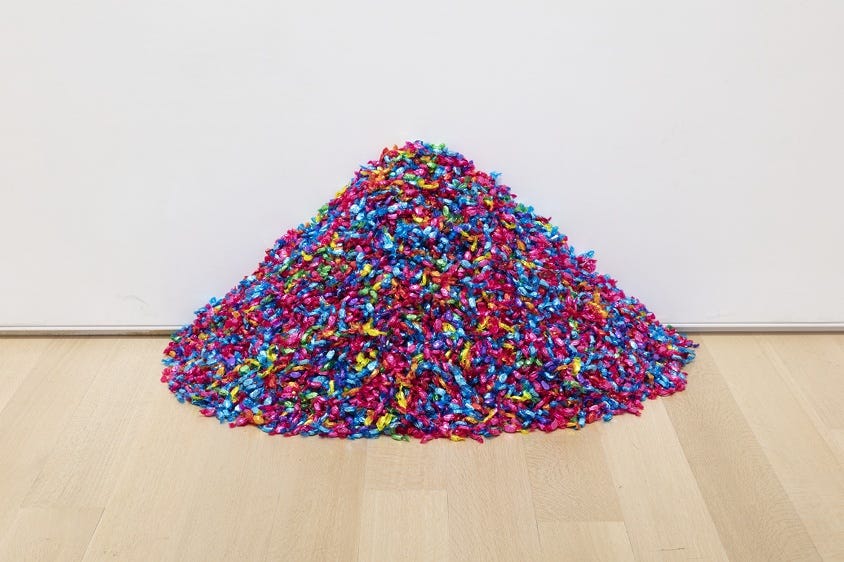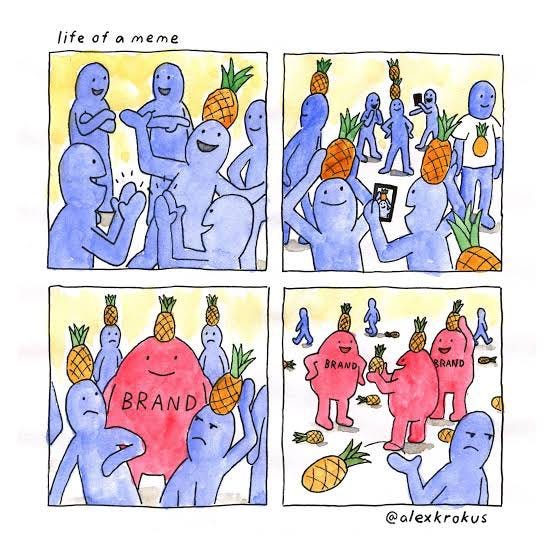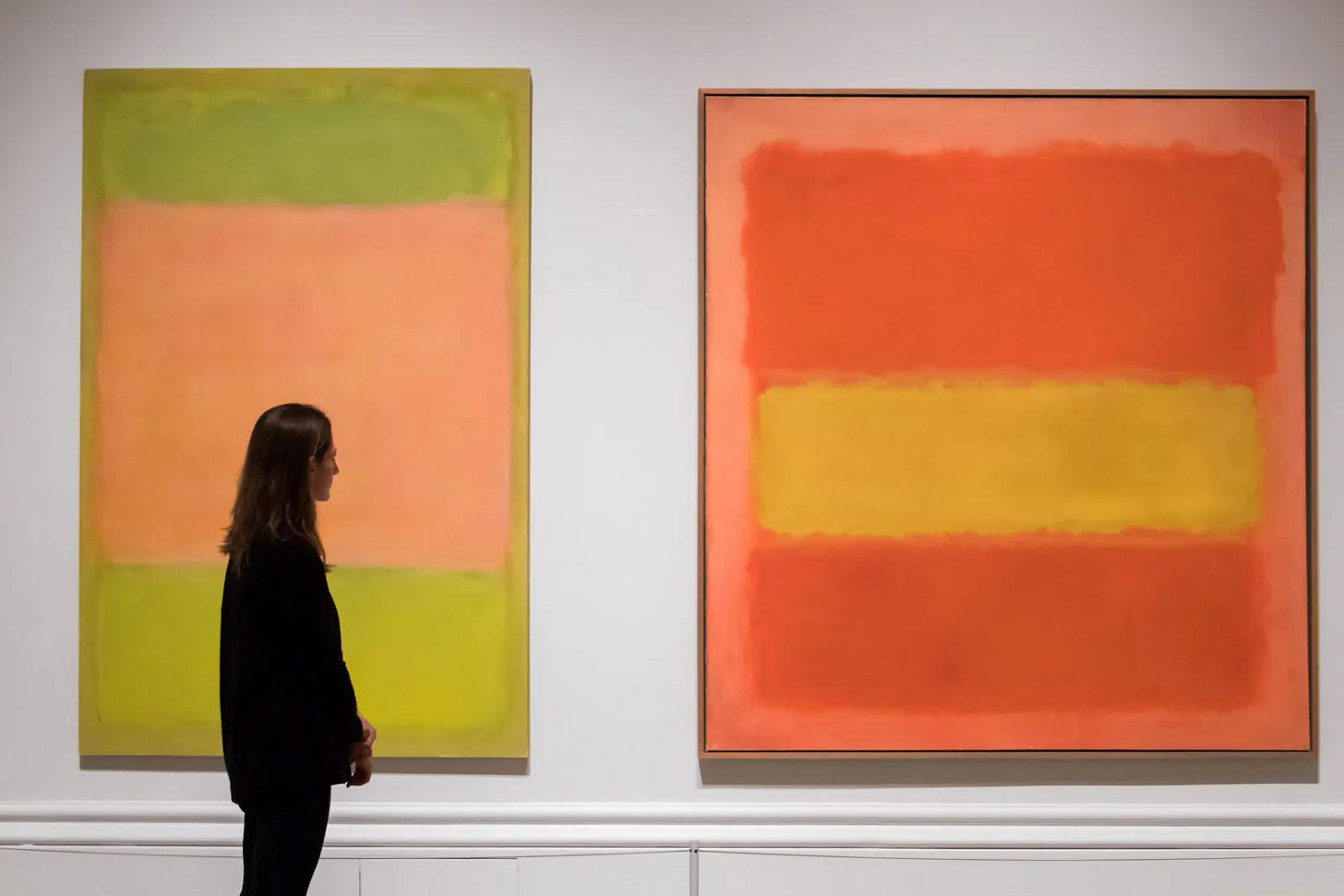The One Question That Can Predict a Successful Artist
Over 1,000 interviews with hundreds of artists I learned that this simple question can reveal whether an artist will have a meaningful career or burn out quickly.
From 2014 to 2019 I wrote and ran the blog for an artists agency. Every day, five days a week, I published an interview with one of the hundreds of represented artists about recent projects or career moves. I spoke to Platon about photographing Vladimir Putin, and got the inside story of how he pulled off the Edward Snowden cover of Wired. I learned how Marcus Bleasdale used his photographs of enslaved gold miners in the Congo to pressure investment bankers in Europe. Mr. Bingo detailed how he made his Trump Cushions. We Are The Rhoads explained what it’s really like to photograph Taylor Swift.
If you account for holidays and lazy days, I wrote up around 1,000 interviews in less than five years.1

During my time there I saw careers root, I saw them end, I saw the ebb and flow of individual creator economies. I carried the subtleties of this training ground to interviews for Esquire and Complex, talking to artists like Daniel Arsham and Big Sean and Pharrell and Clive Owen. Naturally, patterns emerged.
One pattern was frighteningly instructive. The length of an artists career could be predicted by their answer to one single question:
Is your work about expression or communication?
Forgive its certainty but it had a near 100% hit rate.
I employed this question especially if I was unfamiliar with an artist’s process so I could get a sense of where to investigate. Plus, it was often a layup for the agency: almost all answers to this question make a fabulous pull quotes. Any artist worth their salt has considered the reason they’re creating. It should be an easy question to answer.
And over my time doing this work, almost every artist who said their work was about expression ended up struggling to produce meaningful work and usually parted ways with the agency within a year.2

There are myriad reasons why this could be, but I’d like to apply my expensive art school degree with an observation: artists who focus on expression routinely fail because art is communication. Anyone who performs art as pure expression is ultimately engaged in aesthetic narcissism and quickly risks autofacsimile.
Even as creative beings, we have our limits. We are deep wells, but we are wells that can run dry. If given an endless page to journal, we will eventually run out of words. Eventually we will speak our hearts to some kind of peace, unless, of course, we invite new ideas, new people, new movements in. Finally, we’ll raise our eyes from the page, forced to consider the world around us. And then we may engage with it. Only through engagement does the process continue endlessly, however fitful or tense.

Every artist embarks their study in a state of expression. We learn to hold paintbrushes and form words in clumsy mouths, initially obligated to begin with “Once upon a time…” as aesthetic exercises. But eventually we adopt the burden of communicating an idea. It’s not enough to put pen to paper and claim “I’m just getting it out of my brain”, at some point an artist must put their work in the heart of an audience. And in doing so, they must consider how it will take root there. When that consideration is taken seriously and soberly, the expression is only as good as the communication. Expression is the easy part.
Expression is screaming at the top of your lungs into the abyss.
Communication is choosing which words to scream, and who to scream them to.
Our job as artists is to communicate. There are no abysses in our world, only ears who might be moved to listen.
I’d love to link you to them but the company shifted management and marketing strategies along the way and a few years after I left they trashed them all. The agents treated me mostly with great respect, and that’s what the money is for, so I can’t be too mad.
Those who struggled to answer it lived in a kind of limbo until they got their sea legs. If I liked the artist who struggled to answer the question, I often continued to needle and ask in hopes it would inspire self reflection. Sometimes it worked!



